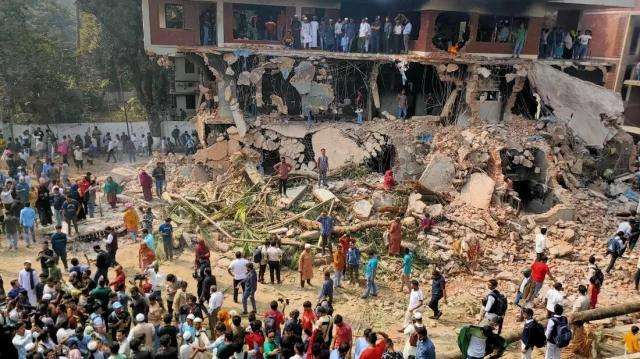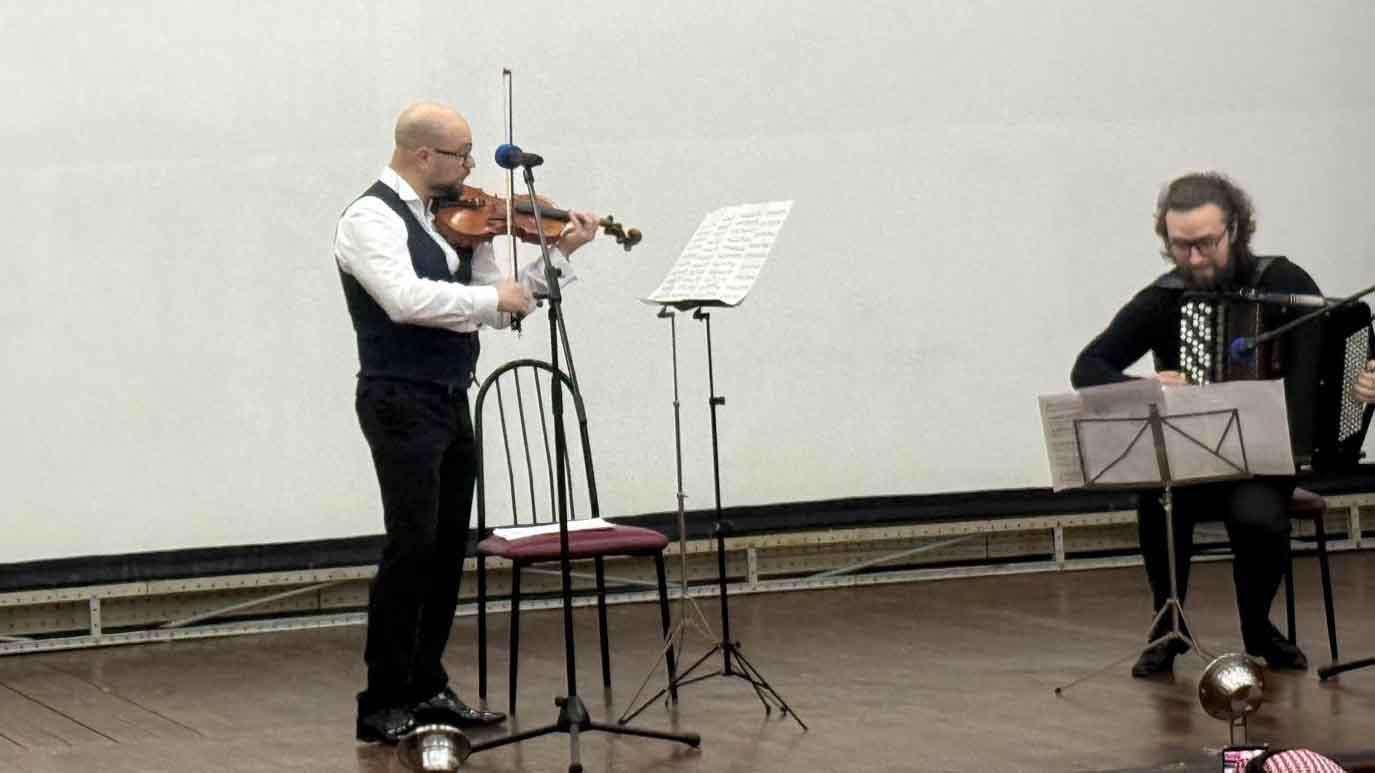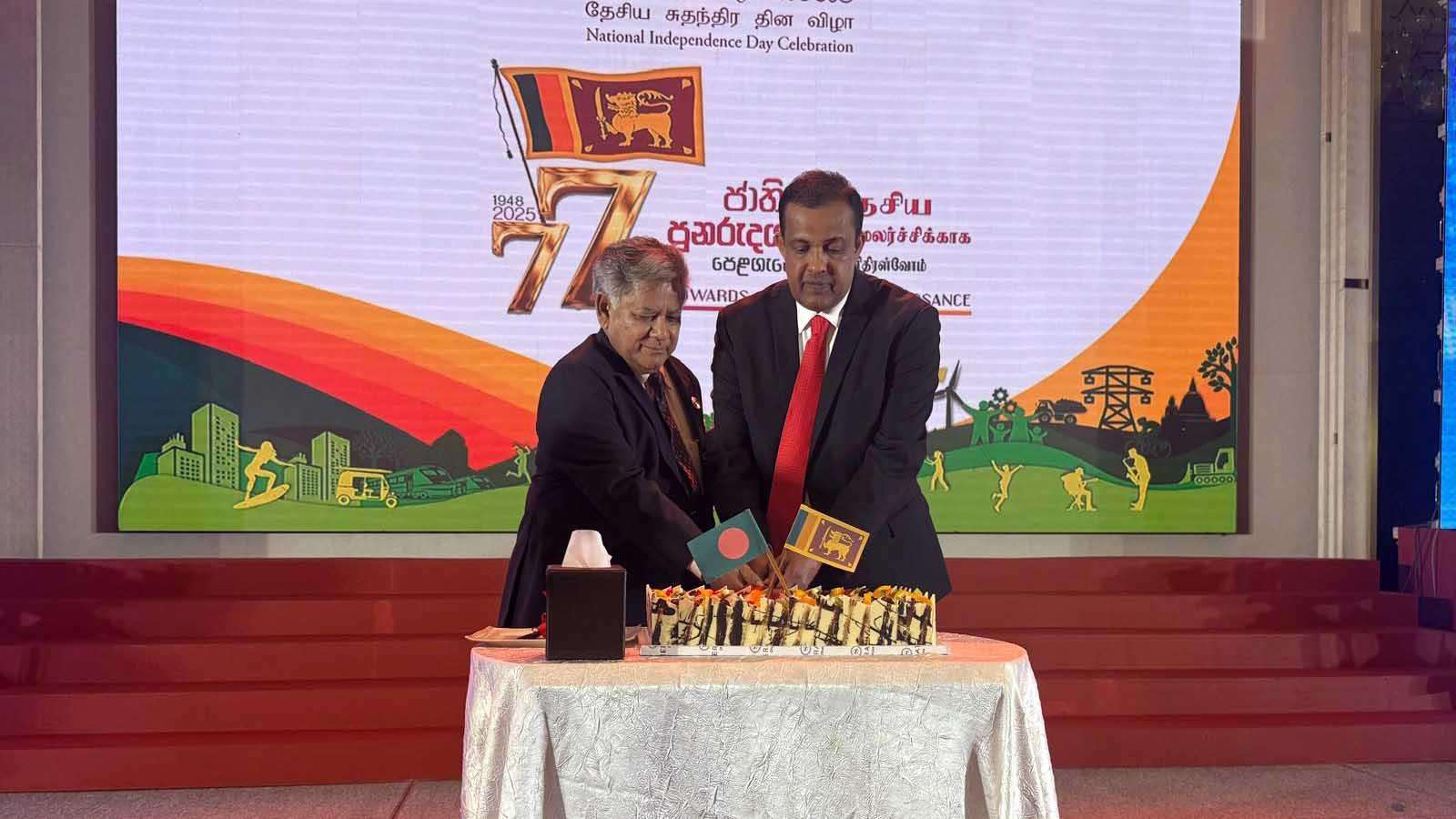The latest vandalism and demolition properties in different parts of the country is most likely to cast a shadow on the invest scenario and result in loss of some export, sending a negative impression about Bangladesh to the rest of world unless the interim government steps in to re-correct the steps and restore sound law and order situation, said top business leaders, diplomats and exporters.
In response to former Prime Minister of Bangladesh Sheikh Hasina’s provocative and confrontational statements to the July-August revolution, some agitated students and people demolished the structures and installations linked to Sheikh Mujibur Rahman, Sheikh Hasina and the Awami League leaders in Dhaka and some parts of the country last week.
As this interim government, headed by Nobel Laureate Chief Adviser Dr Mohammed Yunus, was highly greeted by the western countries, their representatives in Dhaka skipped expressing negative impressions about the present law and order situation.
However, some top leading exporters, particularly readymade garment exporters, have expressed deep concern at the recent vandalism of properties that will certainly give a negative impression about the country to the rest of world.
Bangladesh’s exports are highly dependent on the western countries, and some 85-90 per cent of the total export go to the USA, Canada, the European Union and Australian countries.
Sources said that the western countries have not lifted the travel warning on Bangladesh yet and the latest vandalism will in no way give a positive impression about Bangladesh.
A top leading exporter of readymade garments while talking to this correspondent said the country's business leaders are likely to meet Chief Adviser Dr Mohammed Yunus to express their concern and seek his personal intervention in improving the law and order situation.
A number of diplomats while talking to this correspondent have expressed their concern at the recent vandalism and loss of properties in different parts of Bangladesh.
Voices of top leading business houses are silent as the interim government of Bangladesh has appointed administrators in the FBCCI and BGMEA, two top business bodies.
He said a sound law and order situation is a must to inject momentum into the national economy.
He said that the creation of new jobs, ensuring of sound law and order situation and rule of law are a must to attract local and international investment and ensure justice in the society.
He said the departure of former dictator Prime Minister Sheikh Hasina has given the nation an opportunity to create a new society based on justice, equity, and integrity.
He said Bangladesh Bank in the last six months has successfully restored discipline in the banking sector, shattered by the previous dictator Sheikh Hasina
Aftab ul Islam, Chairman, IOE (Bangladesh) Limited, who was president of American Chamber of Commerce (AmCham) in Bangladesh during 2001-2005, said that political stability and sound law and order situation are a must to woo local and international investment. Foreign investors are looking at the current situation and will put their money once an elected national government is restored in Bangladesh.
Meanwhile, Indian Prime Minister Norendra Modi is set to meet new USA President Donald Trump next week. Both leaders can review and discuss regional and international issues, and the Bangladesh issue is most likely to be discussed in the bilateral meeting.
Meanwhile, Indian Prime Minister Narendra Modi is set to visit Washington on February 12–13. During this visit, the issue of Bangladesh may come up in his meeting with U.S. President Donald Trump, according to India's Foreign Secretary, Vikram Misri. On February 7, during a special media briefing, the Indian Foreign Secretary was asked whether Bangladesh would be discussed in the Modi-Trump meeting. In response, Vikram Misri said, "I cannot predict in advance at this moment. However, regional and international issues will be discussed, and I believe this could be one of the topics that may come up."
Meanwhile, the World Bank Vice President for the South Asia Region, Martin Raiser, arrived in Dhaka on Saturday.
During his four-day visit, Raiser will meet with the Chief Adviser of the Interim Government, the Finance Adviser, Energy Adviser, Bangladesh Bank Governor, senior government officials, and civil society and private sector representatives.
Raiser will be joined by Pablo Saavedra, the World Bank's Vice President for Prosperity, leading the World Bank's work on economic policy, poverty, finance, institutions, competition and investment, said a press release.
The World Bank was among the first development partners to support Bangladesh after its independence.
Since then, the Bank has committed about $44 billion to Bangladesh, mostly in grants or concessional credits. Bangladesh currently has the largest ongoing program supported by the World Bank Group's International Development Association (IDA).
Meanwhile, the economy of Bangladesh that the previous dictator Prime Minister, Sheikh Hasina, put in a shambles as policymakers, economists and business leaders are seeing major challenges like curbing prices of commodities, generating new employment and ensuring sound law and order situation and energy security.
Foreign employment in overseas markets during the January-September period nosedived with price of commodities still high, implementation of annual development programme (ADP) perhaps lowest in recent years and still shaking law and order situation, said a top leader of the Federation of Bangladesh Chamber of Commerce and Industry (FBCCI)…
The present interim government of Nobel laureate Professor Yunus has also got a shattered economy and the people of this country need patience to overcome economic mess that Sheikh Hasina, the last brutal dictator of Bangladesh, left while fleeing to neighboring India.
Asian Development Bank (ADB) has cut its forecast for Bangladesh's economic growth to 5.1 percent for the current fiscal year, primarily due to supply disruptions caused by political unrest in July and August 2024.
The Manila-based multilateral lender had earlier projected that the overall production of goods and services in Bangladesh would grow by 6.6 percent for the fiscal year (FY) 2024-25.
The ADB said it lowered Bangladesh's GDP growth projection for the current fiscal, also taking into account the recent floods.
"Additionally, fiscal and monetary policies are expected to remain tight, further dampening consumption and investment demand. The forecast is highly uncertain as significant downside risks cloud the macroeconomic outlook," the ADB said.
"These risks primarily stem from ongoing political instability, a fragile law-and-order situation, and vulnerabilities within the financial sector."
Dr Ijaz Hossain, Professor of Department of Chemical Engineering of Bangladesh University of Engineering and Technology (BUET), while talking to The Dazzling Dawn said that Bangladesh usually experiences load-shedding during March –April and September.
He said load-shedding to the tune of 1000 megawatts is tolerable, but the load-shedding to the tune of 2000-2500 megawatts is intolerable. But the load-shedding crosses 2000-2500 megawatts in some days, crippling life miserable during the scorching hot weather. The climate change with scorching hot weather and high humidity make life miserable.
Dr Ijaz Hossain said the interim government has been in a catch 22 situation and the interim government was not prepared to experience this situation.
Foreign currency reserves in Bangladesh dropped alarmingly after the Russia-Ukraine war began in February 2022 and the reserve dropped to some 20-22 billion US dollars. The reserve climbed to 48 billion US dollars in 2021 banking on robust export earnings. As the reserve is low, Bangladesh is struggling to import necessary coal, LNG and oil –the main ingredients to produce power.
Last year especially in September and October , Syed Nasim Manzur, President of Leather Goods and Footwear Manufacturers & Exporters Association said that the businessmen now feel insecure due to labour unrest and vandalism.
Nasim said that the double-digit rate of interest on industrial loans is not viable for sustaining in the competitive market.
Mohammad Hatem, President of Bangladesh Knitwear Manufacturers and Exporters Association (BKMEA), said that a good understanding and relation between the owners, workers and labour leaders can mitigate any unrest as well as violence in the factories.
Currency devaluation, rising inflation, financial instability, labour unrest, concerns over energy security and disruptions in key export industries are making the country’s economy unstable, said an exporter.
Meanwhile, the July-August period – the first two months of the current fiscal year – witnessed the lowest-ever implementation of the Annual Development Programme (ADP), falling below 3%.


_4.jpg)
_2.jpg)




.svg)



_3.jpg)